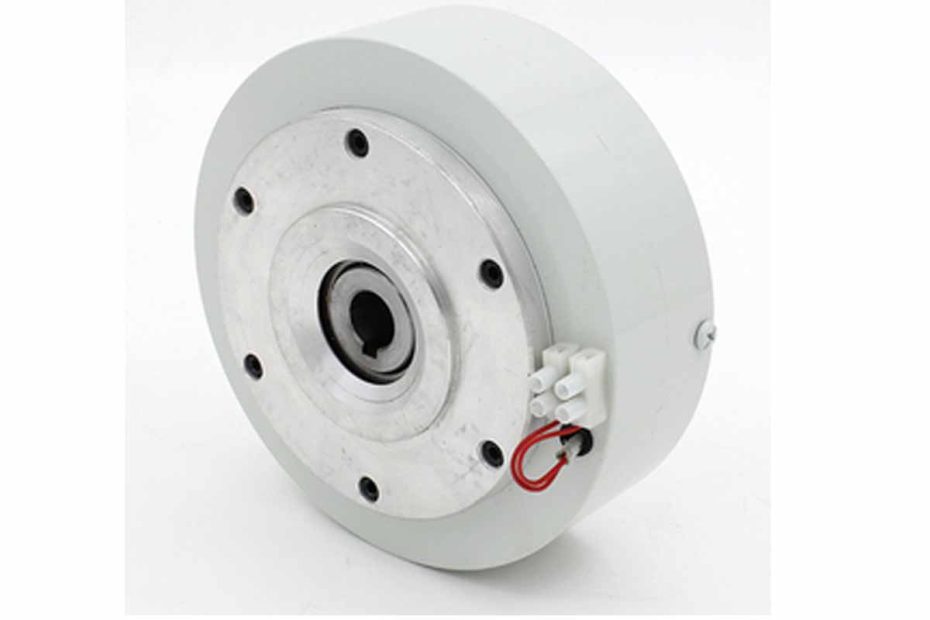In industries where precision is paramount, such as the automotive, aerospace, and medical sectors, the need for torque-sensitive applications is ever-present. These applications require a braking system that can provide precise control over the amount of torque applied. One technology that has proven to be highly effective in such scenarios is the magnetic particle brake.
Magnetic particle brakes are a type of electromagnetic brake that uses magnetic particles suspended in a fluid to transmit torque. When a current is applied to the brake, the magnetic particles align with the magnetic field, creating a solid connection between the input and output shafts. This allows the brake to transmit torque smoothly and efficiently.
Top 5 Advantages of Magnetic Particle Brakes for Torque-Sensitive Applications
- Precise Torque Control: One of the key advantages of magnetic particle brakes is their ability to provide precise torque control. By adjusting the current applied to the brake, operators can finely tune the amount of torque transmitted, allowing for precise control over the speed and position of the machinery.
- Smooth Operation: Magnetic particle brakes offer smooth and consistent torque transmission, making them ideal for applications where smooth operation is critical. This is particularly important in industries such as printing, packaging, and textile manufacturing, where any fluctuations in torque can lead to defects in the final product.
- Adjustable Torque: Another advantage of magnetic particle brakes is their ability to provide adjustable torque. This allows operators to vary the torque output based on the specific requirements of the application, providing flexibility and versatility.
- High Torque Capacity: Despite their compact size, magnetic particle brakes can handle high torque loads, making them suitable for a wide range of applications. This high torque capacity makes them particularly well-suited for heavy-duty industrial applications.
- Low Maintenance: Magnetic particle brakes require minimal maintenance, reducing downtime and increasing productivity. The absence of mechanical wear and tear means that the brakes can operate reliably for extended periods without the need for frequent servicing.

Magnetic Particle Brakes : variety of torque-sensitive application
- Printing Presses: Magnetic particle brakes are used in printing presses to control the tension of the web as it passes through the press. This ensures that the paper is fed through the press at the correct speed and tension, preventing wrinkles and other defects.
- Packaging Machinery: Magnetic particle brakes are used in packaging machinery to control the tension of the film as it is unwound from the roll. This ensures that the film is fed through the machine at the correct speed and tension, preventing tears and other defects.
- Textile Machinery: Magnetic particle brakes are used in textile machinery to control the tension of the yarn as it is wound onto the spool. This ensures that the yarn is wound evenly and without knots or tangles, preventing defects in the final product.
- Automotive Testing Equipment: Magnetic particle brakes are used in automotive testing equipment to simulate the resistance of a vehicle’s drivetrain. This allows engineers to test the performance of the drivetrain under different conditions, such as uphill climbs and downhill descents.
- Medical Equipment: Magnetic particle brakes are used in medical equipment to control the speed and tension of the belts and pulleys used in imaging devices such as MRI machines. This ensures that the belts and pulleys operate smoothly and without vibration, preventing damage to the sensitive imaging equipment.
Conclusion
Magnetic particle brakes offer a unique combination of precise torque control, smooth operation, and high torque capacity, making them ideal for torque-sensitive applications. Whether used in printing presses, packaging machinery, textile machinery, automotive testing equipment, or medical equipment, magnetic particle brakes provide the reliability and performance required in today’s demanding industrial environments. As technology continues to advance, magnetic particle brakes will continue to play a crucial role in ensuring the smooth and efficient operation of a wide range of machinery and equipment.
